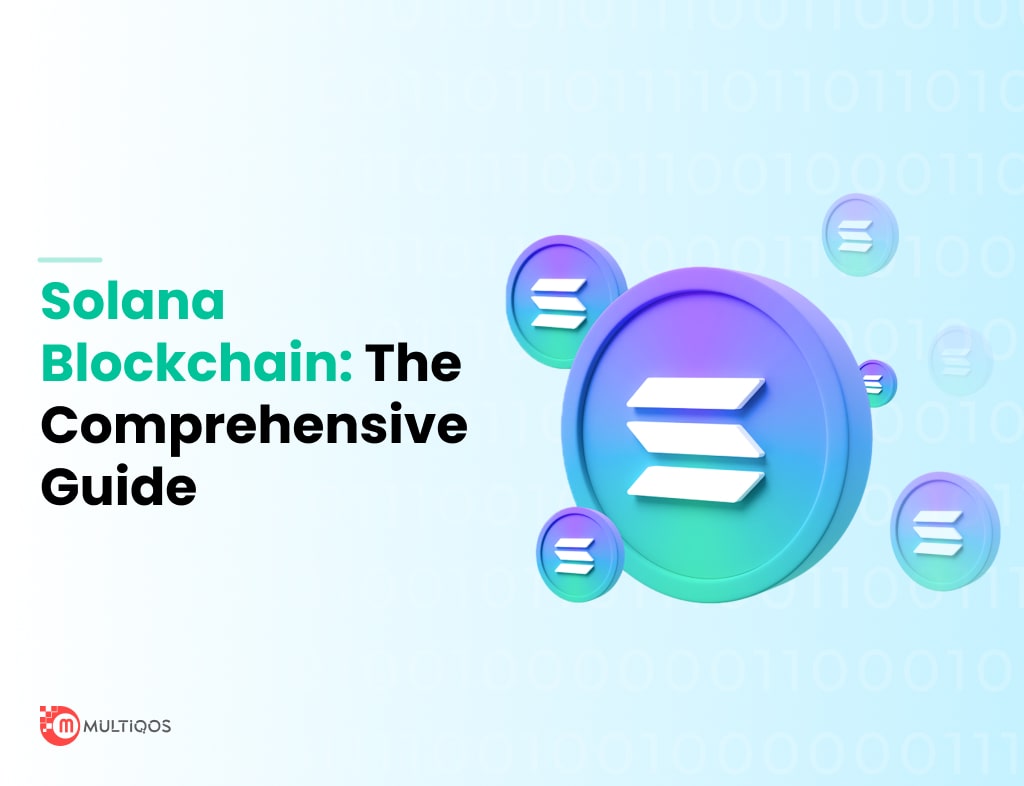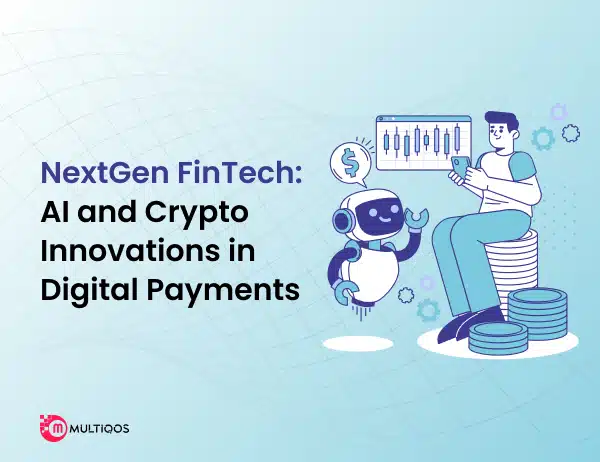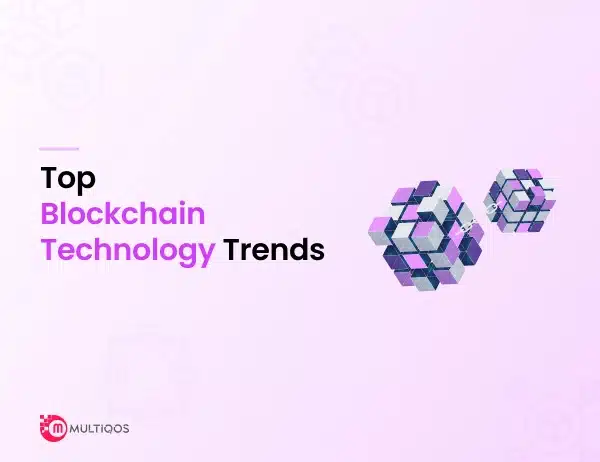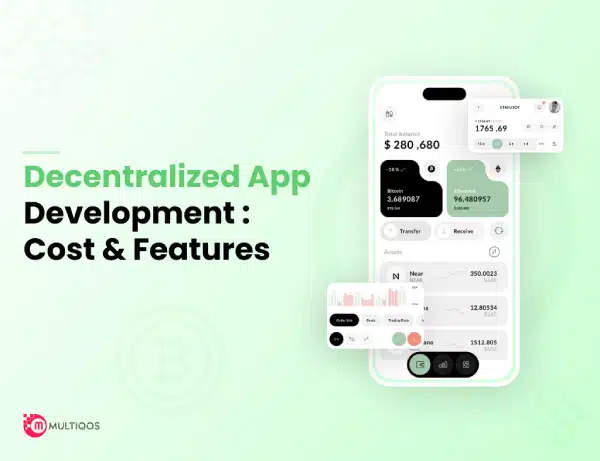What is Solana Blockchain And Why Choose it for DeFi Development?

Introduction: What Is Solana?
Solana Labs released Solana in 2020, a blockchain platform developed explicitly for DApps and DeFi. It was created to offer a secure, rapid, and expandable infrastructure for blockchains. It can handle different blockchain services. Solana Blockchain is the best blockchain for DeFi platform development. Another question that arises is, “How Solana Blockchain is Different?”
Why is Solana Blockchain Different From Other Blockchain Networks?
Solana has established itself as a unique blockchain network with innovative features:
-
Scalability:
Unlike other blockchain networks, Solana can efficiently manage a high volume of transactions due to its exceptional architecture that supports parallel processing. Proof of History (PoH) is a technique Solana uses to timestamp transactions and develop a historical record, enhancing scalability and reducing confirmation times.
-
Speed:
Solana uses Proof of History combined with Proof of Stake (PoH+PoS) to facilitate rapid transaction processing, making it one of the industry’s fastest blockchains. It can manage thousands of transactions per second, thereby ensuring speedy transactions.
-
Low Transaction Costs:
Due to its scalable architecture, Solana incurs lower transaction costs than other blockchain networks. It employs an efficient consensus mechanism and parallel processing that minimizes transaction fees, making it attractive for developers and users.
-
Developer-Friendly:
Solana goes out of its way to create a developer-centric community by providing thorough documentation, essential development tools, and top-tier assistance. With a programming model akin to traditional web development, developers can easily build applications and take advantage of all the platform’s features for solana blockchain development solutions.
-
Interoperability:
Solana prides itself on its interoperability and support for smart contracts. It can integrate with Ethereum and other major blockchain networks, allowing developers to incorporate existing assets and ecosystems easily. This provides even more opportunities to innovate and expand on the capabilities of blockchain technology.
Solana vs. Ethereum: Which is Better For Creating DeFi Applications?
While both Solana and Ethereum are popular choices for developing DeFi applications, they have distinct differences described by various software development company:
-
Scalability:
Solana outperforms Ethereum in terms of scalability. Ethereum’s scalability issues have led to high transaction fees and network congestion, limiting its ability to handle a large number of transactions. Solana’s architecture and parallel processing capabilities make it highly scalable and capable of handling significant transaction volumes.
-
Transaction Speed:
Solana is significantly faster than Ethereum. Ethereum’s average block time is around 15 seconds, while Solana can achieve block times as low as 400 milliseconds. The fast transaction processing on Solana makes it suitable for real-time DeFi applications. You can contact almost every impressive – mobile app development company in india.
-
Cost Efficiency:
Ethereum’s high transaction fees have been a concern for developers and users. Solana’s lower transaction costs make it more cost-efficient for DeFi applications, especially for frequent and small transactions.
-
Ecosystem and Adoption:
Ethereum has a well-established ecosystem with a large number of DeFi projects, tokens, and users. However, Solana has gained traction rapidly and attracted developers and projects to its platform. Solana’s compatibility with Ethereum allows developers to easily port their applications and assets from Ethereum to Solana.
-
Smart Contract Functionality:
Ethereum and Solana support smart contracts but use different programming languages. Ethereum uses Solidity, a widely adopted programming language, while Solana uses Rust and C programming languages.
Also Read: Cryptocurrency App Development Cost?
Why is Solana Best-Suitable For DeFi Solutions?
Solana’s unique features make it an excellent choice for developing DeFi solutions:
-
High Throughput:
Solana’s high transaction throughput and low latency enable the seamless execution of DeFi transactions. It can handle a large number of transactions simultaneously, ensuring smooth user experiences and reducing the risk of network congestion or delays.
-
Low Transaction Costs:
Solana’s low transaction costs make it more accessible for DeFi users. The affordability of transactions encourages more frequent trading and interaction with DeFi protocols, promoting liquidity and activity within the ecosystem.
-
Fast Settlement:
Solana’s fast block confirmation times enable quick settlement of transactions. This is crucial for DeFi applications that require near-instantaneous execution, such as decentralized exchanges (DEXs), lending platforms, and yield farming protocols. Users can enjoy real-time trading and seamless interactions with DeFi protocols.
-
Smart Contract Functionality:
Solana supports programmable smart contracts, allowing developers to create complex DeFi applications with advanced functionalities. The platform’s programming model is developer-friendly, writing and deploying smart contracts easier than other blockchain networks. Solana’s smart contracts are executed on the Solana Virtual Machine (SVM), which supports Rust and C programming languages, offering flexibility to developers.
-
Interoperability:
DeFi projects built on Solana can integrate and interact with assets and protocols from different networks, expanding their reach and potential user base. This opens up opportunities for cross-chain liquidity, asset transfers, and composability between different DeFi ecosystems.
-
Growing Ecosystem:
Solana has witnessed significant growth in its ecosystem with the development of various DeFi projects and protocols. The platform has attracted the attention of both developers and investors. This growing ecosystem provides opportunities for collaboration, innovation, and the creation of new DeFi solutions on Solana.
-
Developer Support:
Solana provides extensive developer support, including comprehensive documentation, SDKs, and developer tools. Solana Labs actively supports developers through grants and funding programs, fostering a vibrant community of Blockchain Development Services building on the platform.
Solana’s Future: What Lies Ahead?
Solana’s future looks promising, with its growing popularity and technological advancements. The platform continues to attract developers and projects from various sectors, including DeFi, gaming, NFTs, and more. Some key developments and initiatives to look forward to include:
-
Ecosystem Expansion:
Solana aims to expand its ecosystem by attracting more developers, projects, and users. With its scalability and developer-friendly environment, Solana is well-positioned to capture a significant market share in the DeFi space and beyond.
-
Cross-Chain Integration:
Solana plans to further enhance its interoperability by strengthening its connections with other blockchains. This will facilitate seamless asset transfers and liquidity flow between different blockchain networks, creating a more connected and efficient decentralized ecosystem.
-
Layer 2 Solutions:
Solana is exploring layer 2 scaling solutions to improve its scalability and transaction throughput further. These solutions aim to alleviate congestion on the mainnet while maintaining the security and decentralization of the network. Layer 2 solutions can enhance the user experience and enable even faster and more cost-effective DeFi transactions.
-
Continued Technical Advancements:
Solana Labs and the community are working to improve the platform’s technology. Ongoing research and development efforts focus on enhancing security, optimizing performance, and refining consensus algorithms to ensure Solana remains at the forefront of blockchain innovation.
Conclusion
Solana blockchain development offers unique features and advantages, making it an excellent choice for developing DeFi platforms. Its scalability, speed, low transaction costs, and developer-friendly environment position Solana as a leading blockchain platform for decentralized finance.
Want to Build Your Own Blockchain App?
We have expert blockchain developers with years of experience who can assist you throughout the process.
FAQ about Solana Blockchain Development
Yes, Solana supports Ethereum Virtual Machine (EVM) compatibility, allowing developers to port their DeFi projects from Ethereum to Solana easily.
Solana’s smart contract functionality and developer-friendly environment make it well-suited for building complex DeFi applications.
Solana prioritizes security and employs various measures to ensure the safety of its network. The platform utilizes robust cryptography, consensus algorithms, and thorough auditing practices to mitigate security risks.
Get In Touch




